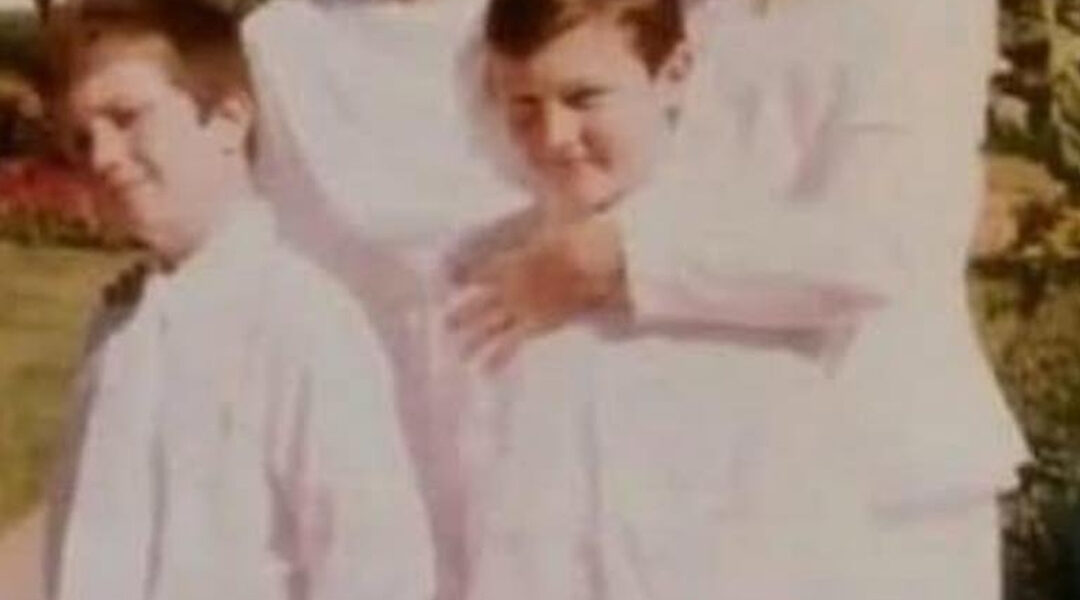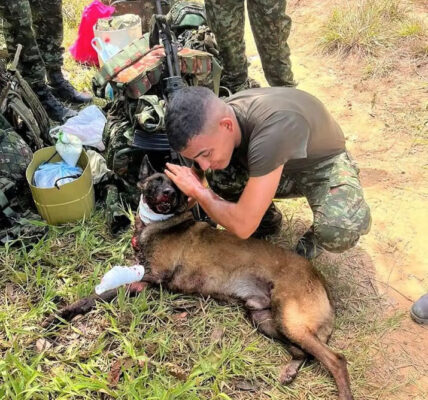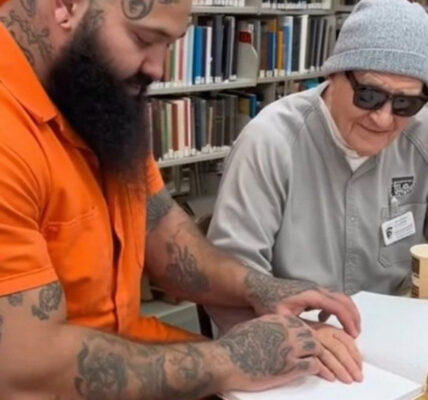
My brother and I didn’t grow up with the kind of childhood most kids get. We were placed in foster homes at a young age. My brother got lucky—he went to live with a family called the Ripleys. I wasn’t so fortunate. In just three years, I went through four different homes. Each one worse than the last.
I’d get to see my brother every few months. During those visits, Ms. Ripley would take us out for lunch at McDonald’s. That’s when she noticed the scars all over my body. She didn’t look away. She didn’t pretend she didn’t see them. Instead, she stepped in. She made arrangements for me to join their family.
At the time, the word “family” didn’t mean much to me. It was just a word. But when I walked into the Ripley home, everything began to change.
Whenever I did something wrong, Ms. Ripley didn’t yell. She didn’t send me away. She’d sit me down and explain why it wasn’t okay. And then she’d always end with the same words: “You’re not going anywhere. Because you belong to us now.”
Shortly after I joined their family, tragedy struck. Mr. Ripley, her high school sweetheart, was diagnosed with cancer. Within a year, he was gone. Suddenly Ms. Ripley was alone—with two foster kids to raise. Nobody would have blamed her for giving us back. It would have been the easier choice.
But instead, she walked into a courtroom and made us hers forever.
The three of us moved into a single-wide trailer in Mississippi. That’s where she raised us. She worked odd jobs to keep food on the table. We didn’t have much, but what we had was love. We went to movies. We had family game nights. She signed us up for Little League and Boy Scouts.
She must have been overwhelmed. She must have cried when no one was watching. But that’s not what I remember.
What I remember is the way she built me back up. Every day, she poured affirmation into me: “You’re smart.” “You’re handsome.” “You survived all that because you’re strong.”
When I told her I was joining the Marines, she cried. She was scared, but she knew it was my best chance at an education. And she was right. I served, came home, and eventually walked across the stage as a law school graduate.
Now, decades later, I have a daughter of my own. And when I hold her, I feel the weight of every choice I make. I think about how fragile a child’s life can be, how easily the course of a future can change. By every measure, I should be broken. My earliest years were filled with everything a child shouldn’t endure.
But I’m not broken. Because thirty years ago, a woman who had already lost so much chose to keep me. She chose to love me. And somehow, in the middle of her heartbreak, she poured enough of that love into me to heal wounds I thought would never close.
She gave me more than a home. She gave me a future. And now, when my daughter looks at me, I know that everything I am—everything I’ve built—goes back to that moment when Ms. Ripley decided I was hers.
It was a choice that changed everything.




